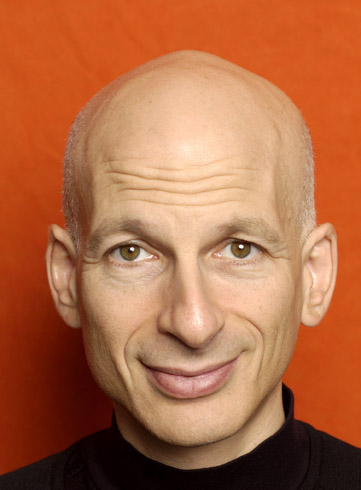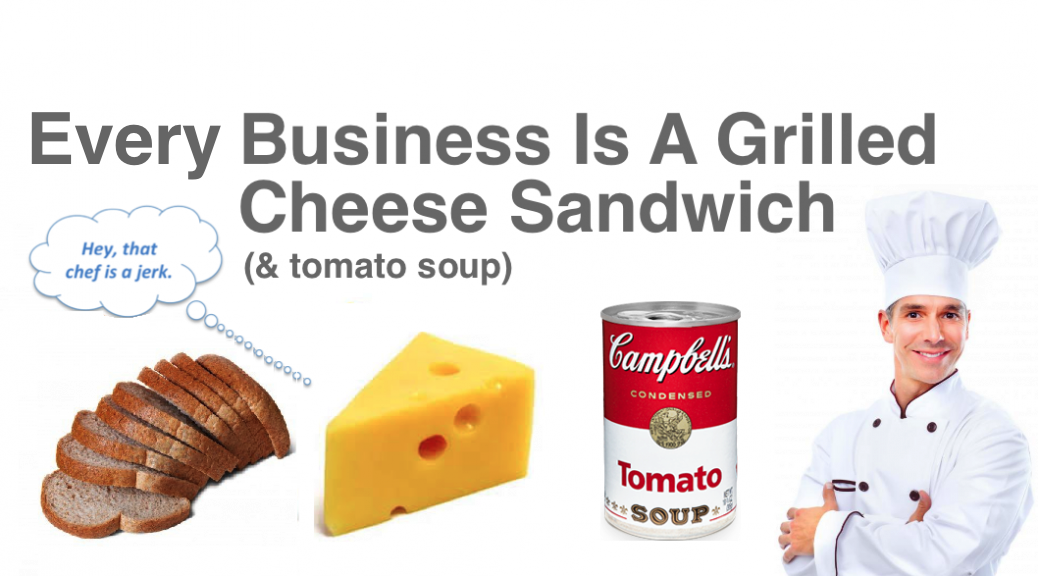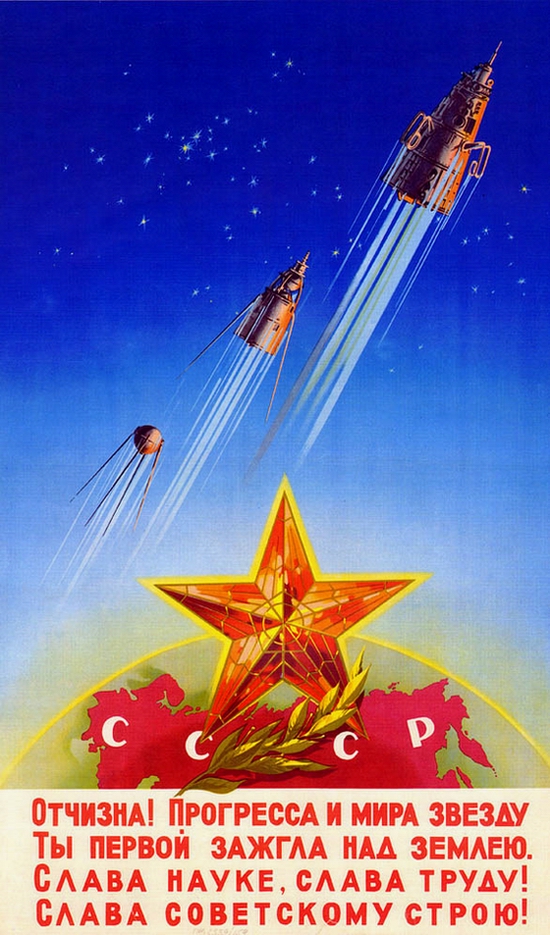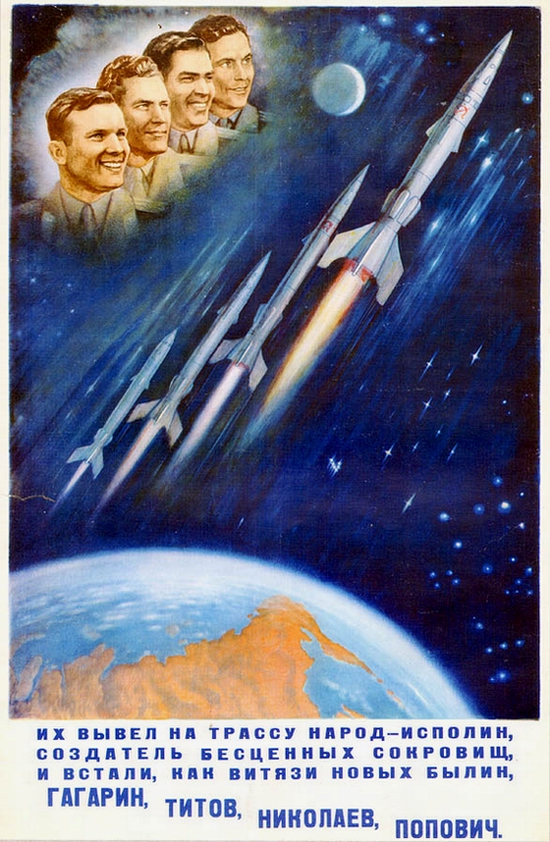 Strategy Is Not Operational Efficiency: You can run the best kebab shop in London, UK but if you are doing something that many people can copy, you are not going to make any money. You need a great strategy, but the first step is picking the right industry. Anyone can become a proofreader. The most profitable sectors in the US earning over 20% growth per year: pharmaceuticals, high-technology, financial services, discount department stores, and oil. The worst industry is airlines. Picking the right industry, one with a sound structure, where your chances of making a profit are highest, was where good strategy begins. Note that you should be interested in what you are doing with your time. Passion is also important.
Strategy Is Not Operational Efficiency: You can run the best kebab shop in London, UK but if you are doing something that many people can copy, you are not going to make any money. You need a great strategy, but the first step is picking the right industry. Anyone can become a proofreader. The most profitable sectors in the US earning over 20% growth per year: pharmaceuticals, high-technology, financial services, discount department stores, and oil. The worst industry is airlines. Picking the right industry, one with a sound structure, where your chances of making a profit are highest, was where good strategy begins. Note that you should be interested in what you are doing with your time. Passion is also important.
Category Archives: Strategy
Business Is Like A Grilled Cheese Sandwich + Tomato Soup
Grilled Cheese Sandwich Business
Most of the value is in the cheese, the bread and the accompanying tomato soup. Mmm, that all tastes toooooo good. And when customers taste the food, they think “that was a great sandwich” and very rarely think “some Chef made that.” We rarely see the Chef to begin with. The quality of the ingredients is essential. It’s the reason Italian food is so good when, surprise, you actually go to Italy. The Chef is still important however.
Strange Metaphor
Just like a good grilled cheese sandwich, you need great employees to help create awesome products. However, the cheese is not going to convince the bread to get into the frying pan together. You need that Chef. The Chefs are the management. What frustrates workers is that they are the ones that produce the quality outcome as the cheese the bread and tomato soup. It doesn’t seem fair and it probably isn’t that the cheese and bread don’t get the credit for the amazing meal. The chefs do. From Steve Jobs to George Lucas to Richard Branson, the chefs get a the bulk of the credit and the value from orchestrating the meal that is any business. They just sit in the kitchen while customers eat the cheese and bread and tomato soup that are the true value of the transaction. This is why social democratic values will always live on. It doesn’t seem fair that the cheese that makes the sandwich awesome gets paid less than the chef. It’s really hard to see whether the Chef made the meal awesome or the ingredients themselves are where the value lies…..
The difference in business (if there is one: sarcasm) is that sometimes the cheese is smarter than the Chef. But if the chef doesn’t listen and just wants the cheese to stay flavourful, then management misses out on something awesome. In fact, recognising when someone who is not a manager is way smarter than the managers can lead to the opposite effect which is that the Chef replaces that cheese. I think I’ve taken this metaphor too far….
Soviet Space Art
 LET’S SAY THAT BUSINESS IS RATHER LIKE GOVERNMENT. In the case of the USSR’s space industry, the government was in the business of captivating the imagination of a nation, to inspire young children to study science, and to make the USSR a interplanetary power. Okay, that’s a bit extreme. Great art is used to evoke feelings of pride. However, like Pets.com or many other startup business, the Soviet Space program rushed launches before sufficient tests were conducted; comparable to a company buying an office before having any cashflow. In Silicon Valley, the running joke was that a startup that bought this highly stylised chair at $600 each was doomed upon purchase. In London, there are still startups with decorations, mascots but no cashflow. It’s important to dream imaginatively, but art is supplementary rather than complementary. The USSR should have invested more in testing the N1 Rocket and computer technology and less on the propaganda around it. By the 2000s, the Russian space program became the dominant channel for delivering supplies to the international space station…
LET’S SAY THAT BUSINESS IS RATHER LIKE GOVERNMENT. In the case of the USSR’s space industry, the government was in the business of captivating the imagination of a nation, to inspire young children to study science, and to make the USSR a interplanetary power. Okay, that’s a bit extreme. Great art is used to evoke feelings of pride. However, like Pets.com or many other startup business, the Soviet Space program rushed launches before sufficient tests were conducted; comparable to a company buying an office before having any cashflow. In Silicon Valley, the running joke was that a startup that bought this highly stylised chair at $600 each was doomed upon purchase. In London, there are still startups with decorations, mascots but no cashflow. It’s important to dream imaginatively, but art is supplementary rather than complementary. The USSR should have invested more in testing the N1 Rocket and computer technology and less on the propaganda around it. By the 2000s, the Russian space program became the dominant channel for delivering supplies to the international space station…
Linchpin: Are You Indispensable? Part XIII
The GENERAL CRITIQUE of LINCHPIN:
 Seth Godin does not provide detailed solutions to practical employment dilemmas of the functionary kind. Godin is abstract, a marketer, and he’s a journalist without the experience of working in an Amazon or Apple corporation. His advice that linchpin’s should be artists seems so out of touch with what it is like to work in startups, or businesses generally. At one point he says, schools should teach two things: 1) solve interesting problems, and 2) be a leader. The only problem is a scarcity of leadership positions that are sustainable, Godin. The Functionaries Paradox is that if everyone believes that they are a leader/entrepreneur, it becomes extremely difficult to get anything done in a business team. There are still millions and millions of functionary roles that need to be completed in Western society. Godin, in fact, is speaking to a very small pool of risk taking entrepreneurs but trying to mask it as if a midlevel manager in a corporation can be linchpin without compromising their execution of tasks, and their functionalist remit. Entrepreneurs or linchpin’s as he calls them are UNEMPLOYABLE. He provides no examples of linchpin from bankers to lawyers or doctors, he is talking about entrepreneurs and more loosely about marketers (whom he loves as it’s what he does) while pretending that being a linchpin can work in any business. Marketers frequently under emphasize the scarcity of resources, the scarcity of eye balls, and time which limits the number of Squidoo.com users, or in the case of the linchpin, the number of leaders that can actually aquire leadership positions that are meaningful. Godin can’t say that he’s talking to a small group of risk takers, because then most job-stability focused people will put the book down. He’s repackaging the ethos of the entrepreneur, and more vaguely the artist.
Seth Godin does not provide detailed solutions to practical employment dilemmas of the functionary kind. Godin is abstract, a marketer, and he’s a journalist without the experience of working in an Amazon or Apple corporation. His advice that linchpin’s should be artists seems so out of touch with what it is like to work in startups, or businesses generally. At one point he says, schools should teach two things: 1) solve interesting problems, and 2) be a leader. The only problem is a scarcity of leadership positions that are sustainable, Godin. The Functionaries Paradox is that if everyone believes that they are a leader/entrepreneur, it becomes extremely difficult to get anything done in a business team. There are still millions and millions of functionary roles that need to be completed in Western society. Godin, in fact, is speaking to a very small pool of risk taking entrepreneurs but trying to mask it as if a midlevel manager in a corporation can be linchpin without compromising their execution of tasks, and their functionalist remit. Entrepreneurs or linchpin’s as he calls them are UNEMPLOYABLE. He provides no examples of linchpin from bankers to lawyers or doctors, he is talking about entrepreneurs and more loosely about marketers (whom he loves as it’s what he does) while pretending that being a linchpin can work in any business. Marketers frequently under emphasize the scarcity of resources, the scarcity of eye balls, and time which limits the number of Squidoo.com users, or in the case of the linchpin, the number of leaders that can actually aquire leadership positions that are meaningful. Godin can’t say that he’s talking to a small group of risk takers, because then most job-stability focused people will put the book down. He’s repackaging the ethos of the entrepreneur, and more vaguely the artist.
(This is a series of posts on Seth Godin’s Linchpin: Are You Indispensable?)
Linchpin: Are You Indispensable? Part XII
The GENERAL CRITIQUE of LINCHPIN:
 Seth Godin’s Paradox ie. the Functionaries Dilemma. Seth Godin is a pop-culture synthesizer, who repeats himself over and over again as if his audience is truly “lizard brained.” Everyone knows he is deducing these arguments based on his macro-observations. He has limited experience in successful business management having created a mediocre enterprise like Squidoo.com. His primary goal is to convince the reader that you can be the linchpin without his giving substantive advice on how to be one in a practical context. His advice is “to be an artist,” along with a series of similar “be different” slogans. Linchpin is a marketing pep-talk designed to suggest that his target market is ANYONE who is working today. In reality, he is talking about entrepreneurs because most entrepreneurs espouse exactly what he is saying, and Godin wants to convince others to join in the innovative. By pretending that the pie is unlimited, he can argue that his readership can all participate in this linchpin ethos. But framing his book in the way he does, Godin is able to build a larger target market of book purchasers (to use his marketing-think). The trick is that functionaries are very useful for entrepreneurs because those workers never realize that they could do what the entrepreneur is doing. It is difficult to occupy that same space as the leader/entrepreneur/artist inhabit. As with much of his marketing-think, Godin is preaching to the converted who already understand his points, or preaching to the lizard brained who are not going to apply his advice anyway.
Seth Godin’s Paradox ie. the Functionaries Dilemma. Seth Godin is a pop-culture synthesizer, who repeats himself over and over again as if his audience is truly “lizard brained.” Everyone knows he is deducing these arguments based on his macro-observations. He has limited experience in successful business management having created a mediocre enterprise like Squidoo.com. His primary goal is to convince the reader that you can be the linchpin without his giving substantive advice on how to be one in a practical context. His advice is “to be an artist,” along with a series of similar “be different” slogans. Linchpin is a marketing pep-talk designed to suggest that his target market is ANYONE who is working today. In reality, he is talking about entrepreneurs because most entrepreneurs espouse exactly what he is saying, and Godin wants to convince others to join in the innovative. By pretending that the pie is unlimited, he can argue that his readership can all participate in this linchpin ethos. But framing his book in the way he does, Godin is able to build a larger target market of book purchasers (to use his marketing-think). The trick is that functionaries are very useful for entrepreneurs because those workers never realize that they could do what the entrepreneur is doing. It is difficult to occupy that same space as the leader/entrepreneur/artist inhabit. As with much of his marketing-think, Godin is preaching to the converted who already understand his points, or preaching to the lizard brained who are not going to apply his advice anyway.



























